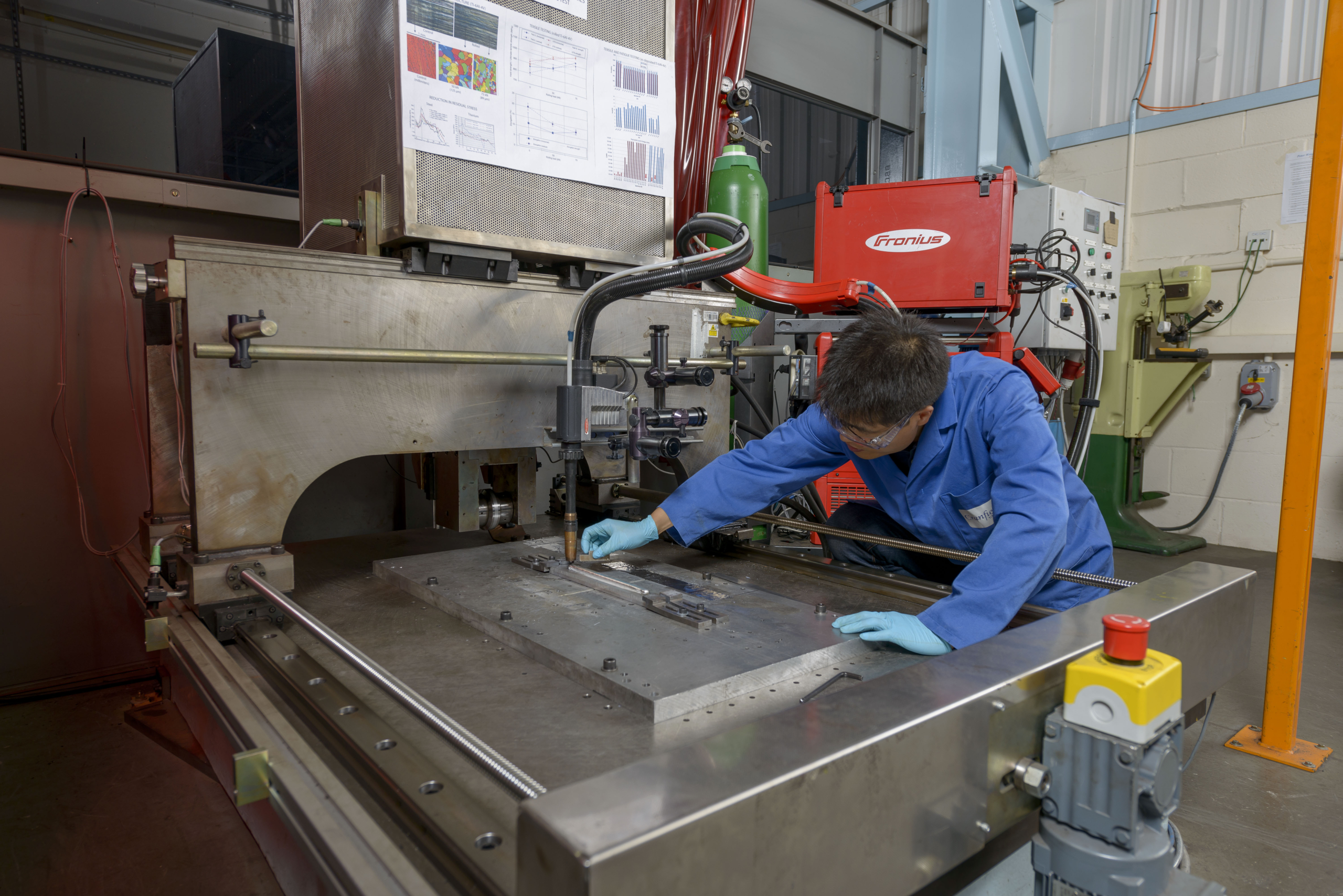Reviving UK manufacturing – is cross-sector collaboration the answer?
11/01/2016

The British Chambers of Commerce’s Quarterly Economic Survey for Q4 2015, published last week, calls the UK manufacturing sector “close to stagnation” after domestic and export sales and order balances fell below their (2007) pre-recession levels.
Their survey shows companies plan to invest in plants and machinery to improve productivity. I believe the sector should be thinking more innovatively to maintain the UK manufacturing industry in the long-term.
We need to appreciate the lessons learned previously when digital and services bubbles burst: that, in the long term, manufacturing can provide stability.
What the UK does better than other countries is collaboration between industry, academia and government. We should be working together, including with the high-value manufacturing catapult and transport catapult to promote exports and really push for our export capabilities.
UK manufacturing’s success is about identifying emerging opportunities in manufacturing markets
For example, in defence sectors throughout the world major players are now interested in defence manufacturing, with an increasing emphasis on ‘homegrown’ materials. The UK can play a major role in exporting technology and education to support other, friendly, nations, to develop their indigenous capability in defence manufacturing – it’s a real and current opportunity.
It is important universities such as Cranfield contribute knowledge about technology and management development to support export and see where else we can contribute, both in education and technology development.
There are opportunities to create whole new industries in UK manufacturing, born out of cross-sector collaboration and exploitation of technology
The UK does cross-sector collaboration very well in some areas, for instance between defence and non-defence areas. This could be expanded.
Cross-sector collaboration could combine thinking around issues common to a number of sectors, such as the degradation of complex engineering systems. It could also provide economic advantages through using technologies invented for one area and applying them in a different context.
One example that could see significant development is medical devices using technology from materials science research, for instance sensor development in manufacturing and aerospace. Machinery for agriculture and agricultural monitoring, which the UK is strong in, could benefit from research going on in aerospace and defence technology.
Another new area to consider is through-life engineering services: the support element of the design, make and support cycle of manufacturing. This is relevant for high value long-life products, and addresses issues like component obsolescence, self-repair materials, technologies and systems – common across sectors.
We can create new businesses, new opportunities and lead the world in that sector. Here at Cranfield University we’re already supporting the development of a national strategy for through-life engineering services with a cross-sector focus, which is being led by Rolls-Royce and the High-Value Manufacturing Catapult.
A final thought is that we should be attracting investment from companies who want to make things in the UK. We need to bring in large companies, big players, but also niche technology developers, by creating a more friendly environment. When companies first come into the UK they look for a co-ordinated environment to accelerate their growth. The government could help by providing co-ordination between the country’s science base, catapults, and the small and medium enterprises that can act as their supply chain. With a little support, new companies’ growth could be enhanced within the country and make the UK a more attractive target for investment.
We have a vested interest in Europe. It’s a big market for us and companies come to us to access this market – we should make use of this.
British universities are a major source of intellectual stimulus and technology provision for new companies to the country. They can also play a major role to strengthen an eco-system in which companies can develop. We should leverage the science, industry and technology base in this country by bringing together people in universities, industry and government.
Categories & Tags:
Leave a comment on this post:
You might also like…
Introducing… Bloomberg Trade Flows
Are you interested in world trade flows? Would it be useful to know which nations are your country's major trading partners? If so, the Bloomberg terminal has a rather nifty function where you can view ...
Cranfield alumni voyage to the International Space Station
Seeing our alumni reach the International Space Station (ISS) has a ripple effect that extends far beyond the space sector. For school students questioning whether science is “for them”, for undergraduates weighing their next ...
From classroom to cockpit: What’s next after Cranfield
The Air Transport Management MSc isn’t just about learning theory — it’s about preparing for a career in the aviation industry. Adit shares his dream job, insights from classmates, and advice for prospective students. ...
Setting up a shared group folder in a reference manager
Many of our students are now busy working on their group projects. One easy way to share references amongst a group is to set up group folders in a reference manager like Mendeley or Zotero. ...
Company codes – CUSIP, SEDOL, ISIN…. What do they mean and how can you use them in our Library resources?
As you use our many finance resources, you will probably notice unique company identifiers which may be codes or symbols. It is worth spending some time getting to know what these are and which resources ...
Supporting careers in defence through specialist education
As a materials engineer by background, I have always been drawn to fields where technical expertise directly shapes real‑world outcomes. Few sectors exemplify this better than defence. Engineering careers in defence sit at the ...






